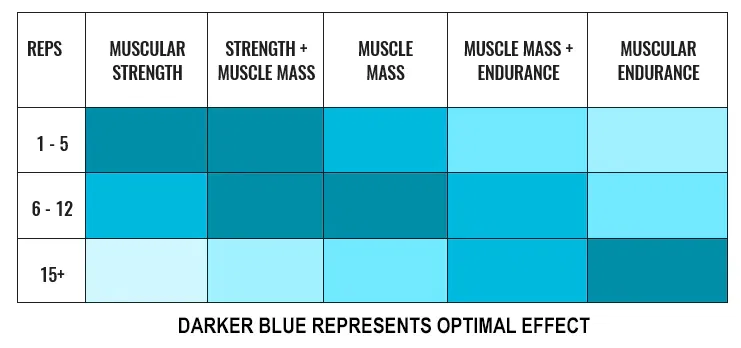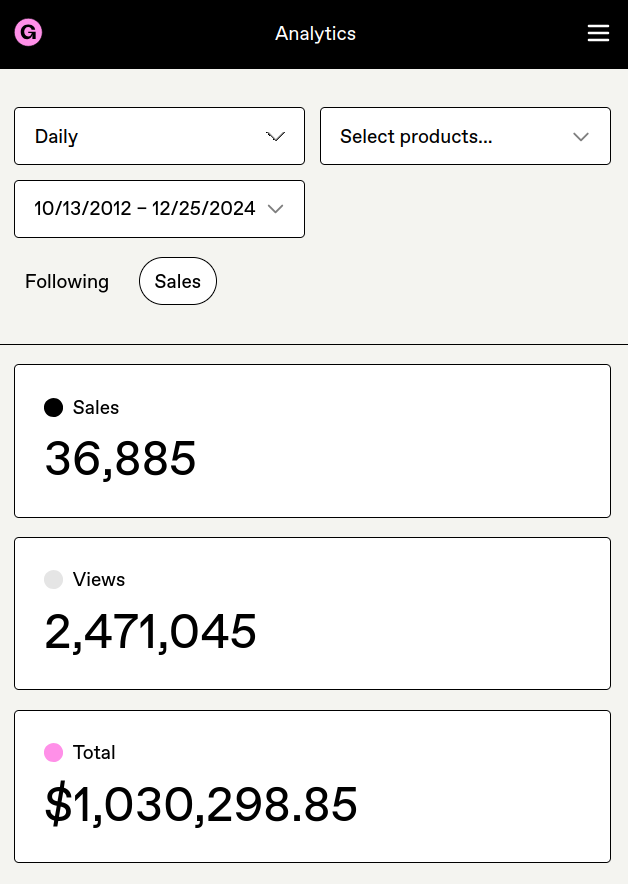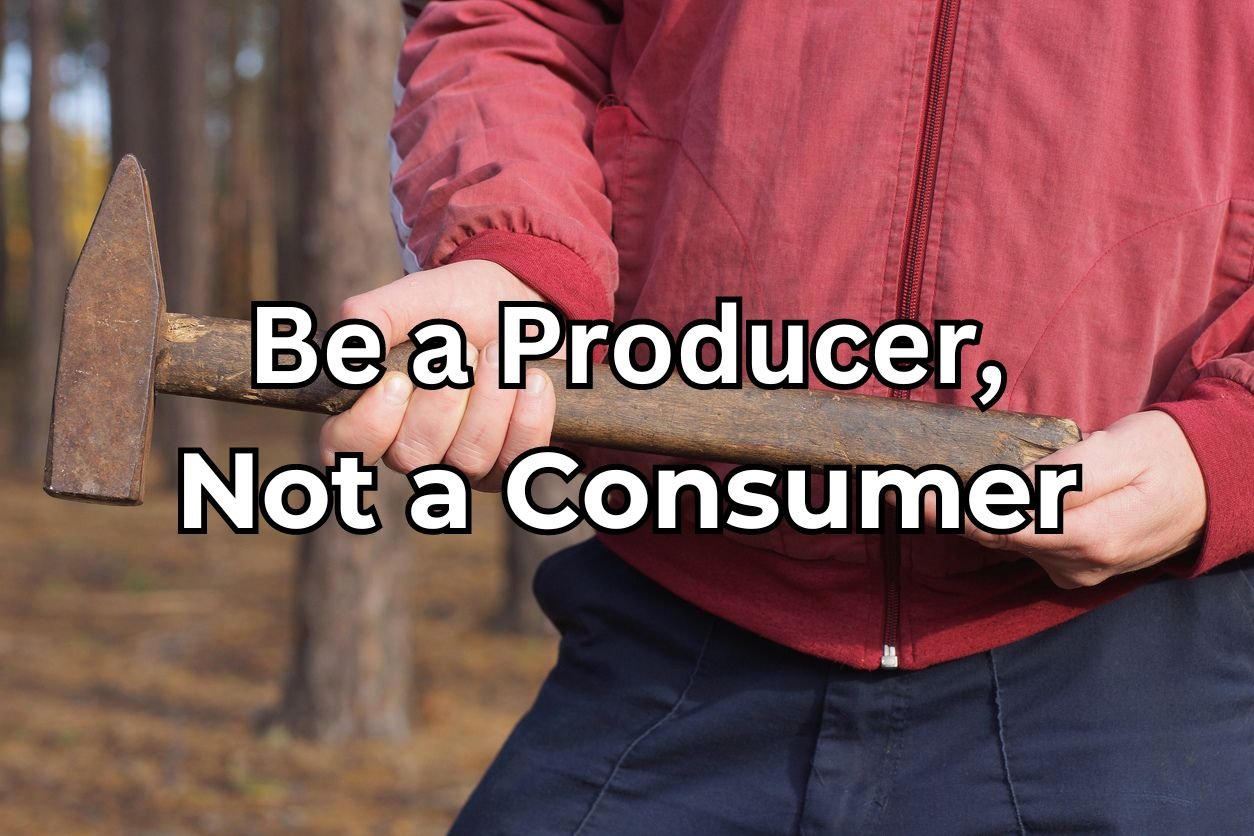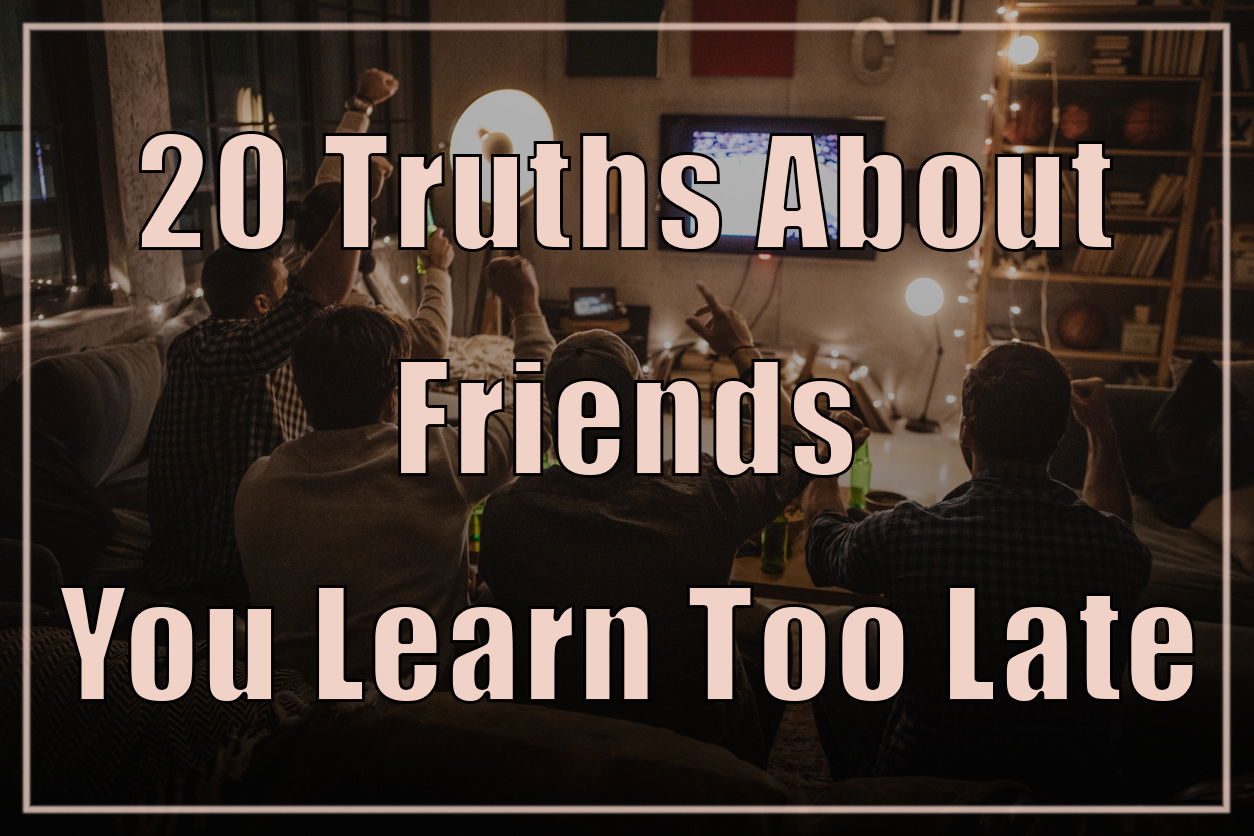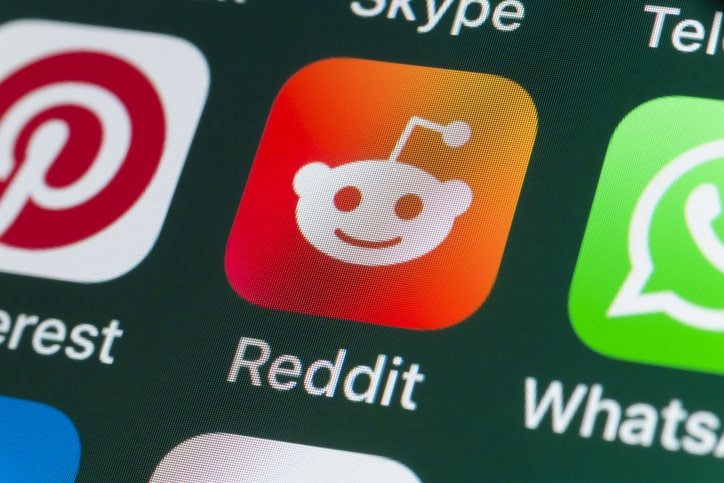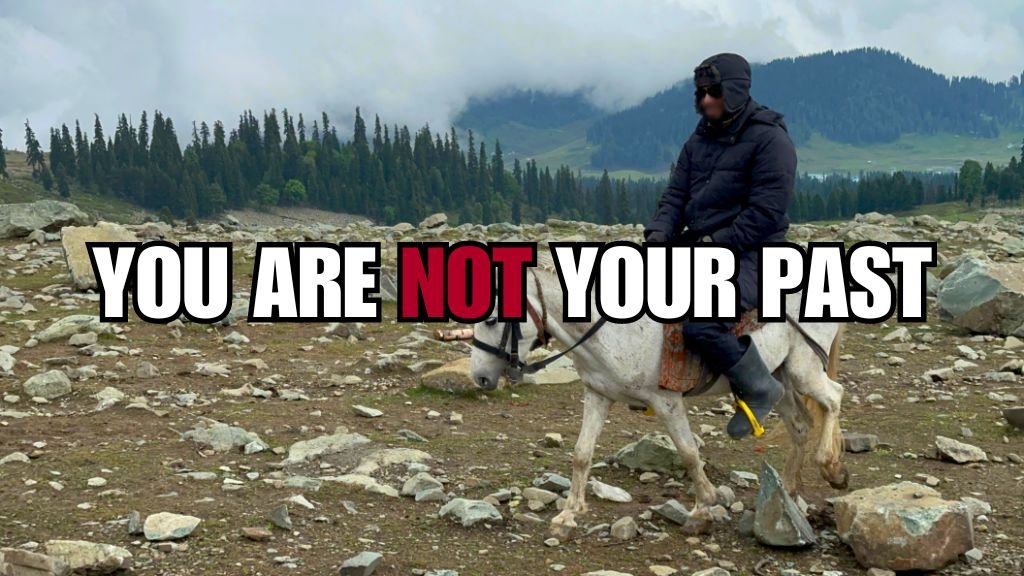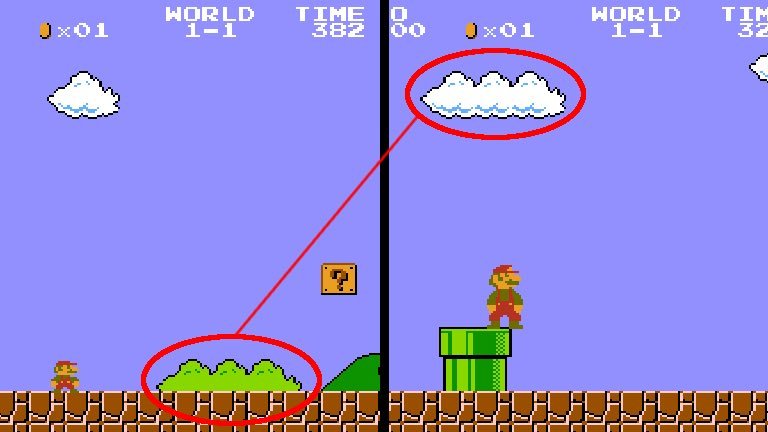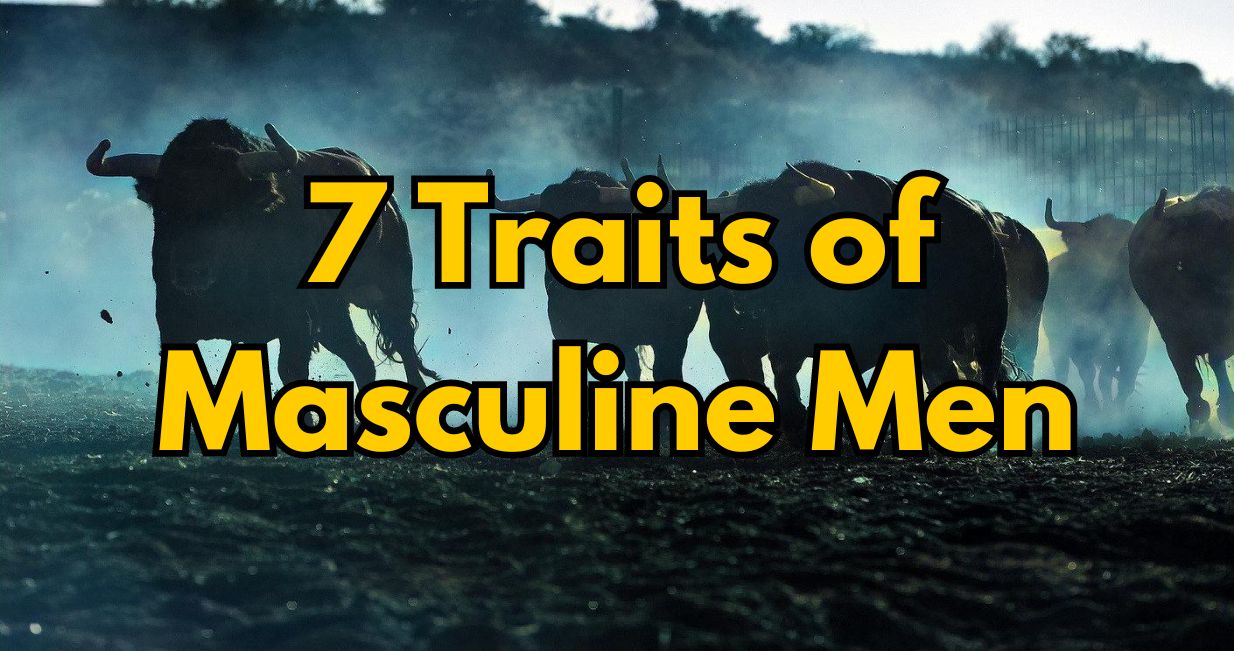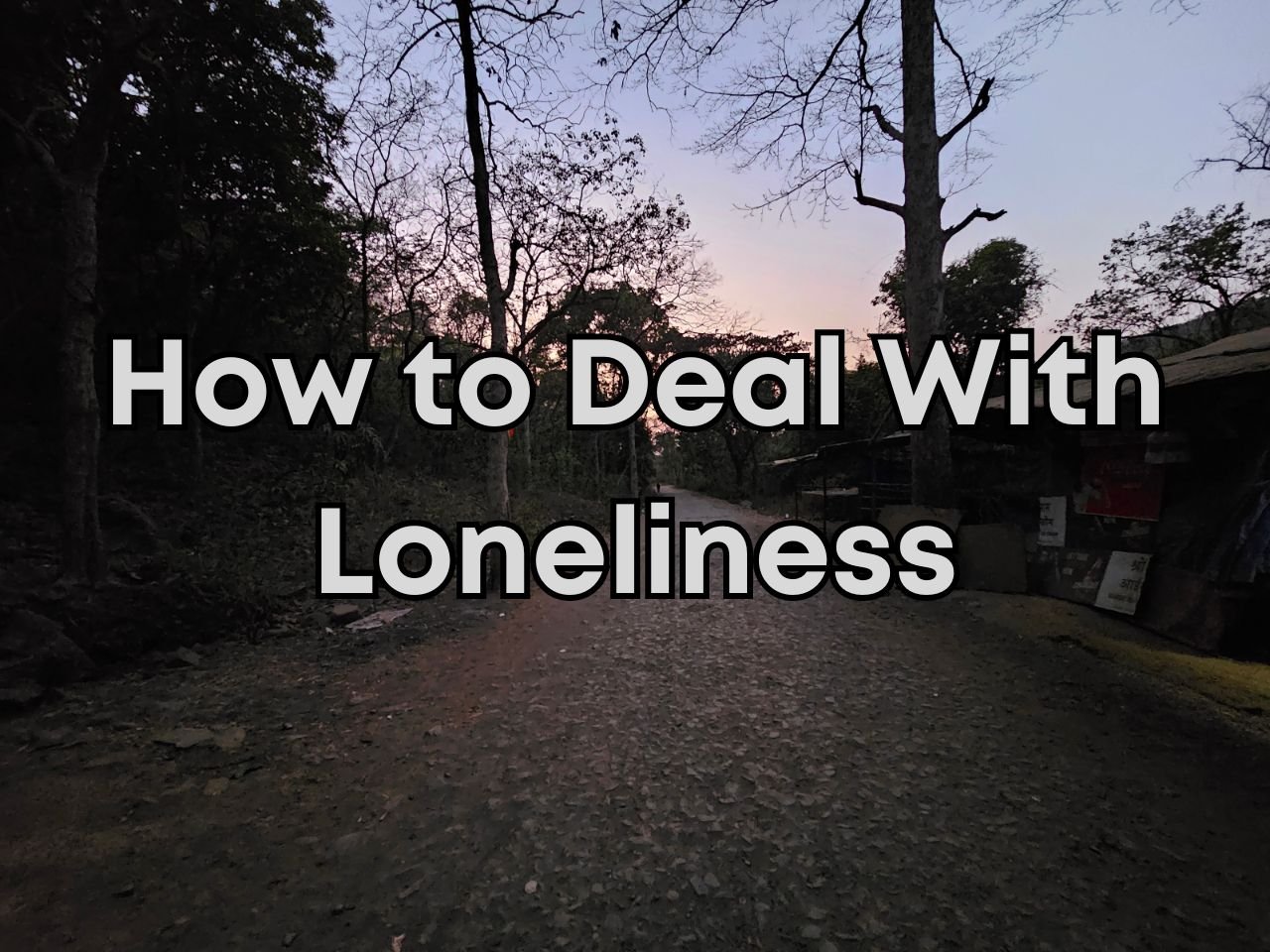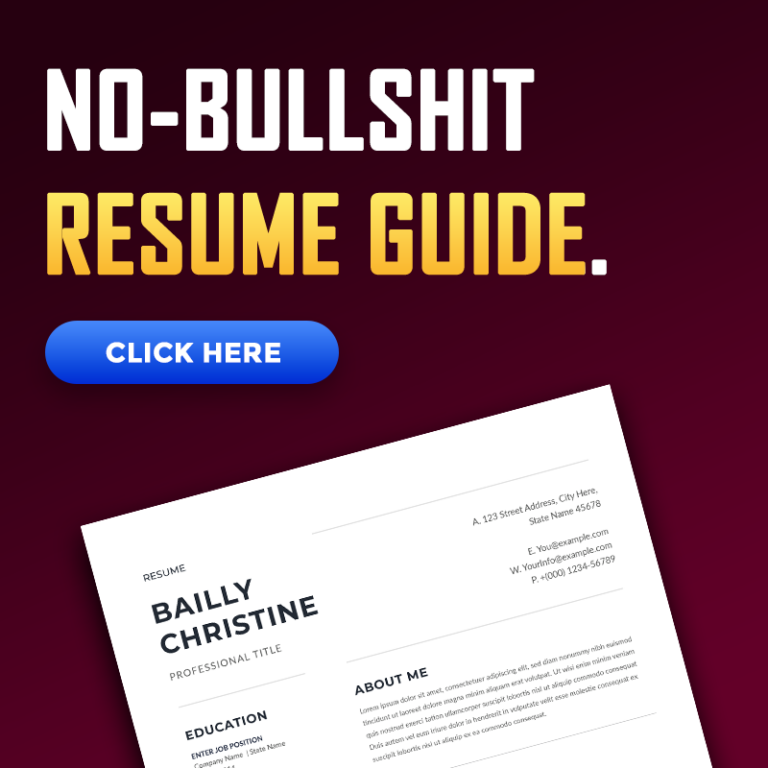Naval Ravikant, recently sent out a series of very insightful tweets titled “How to Get Rich (without getting lucky)” and elaborated on the topic with a periscope video.
This article gives you my take on the tweets, tweet by tweet.
(I’ve changed the order of the tweets to help the information flow better.)
Everything in bold is directly quoted from Naval.
Seek wealth, not money or status. Wealth is having assets that earn while you sleep. Money is how we transfer time and wealth. Status is your place in the social hierarchy.
Wealth is infrastructure and systems – assets that make money by themselves.
Money is a medium used to measure wealth and time, money enables wealth and time to be bought and sold to varying degrees.
Status is your perceived social rank. It varies from society to society and from culture to culture.
Businesses and assets that make you money while you sleep are like the geese that lay golden eggs. The geese are far more valuable than the egg, even though the egg is very valuable.
When making decisions, choose wealth over money and status.
Money can be made using wealth.
Status as an asset is very unreliable, you have to continually nurture it with your precious time, and high-status people have a giant target painted on their backs.
Leave chasing status for average people.
Understand that ethical wealth creation is possible. If you secretly despise wealth, it will elude you.
Lots of people are really attached to not making money and not being happy.
Lots of people who don’t have a lot of money tend to have negative connotations about money.
“You have to be corrupt to make money”, “Money is the root of all evil”, “I feel bad for rich people, all they have is money”.
Usually, it’s just people trying to feel better about their past choices. Cognitive dissonance.
You cannot become rich if you think money is some evil germ. There is NO instance of a man who became rich on their own and hated money.
Mindset is the first step to making money. An abundance mindset is almost a prerequisite to wealth.
You have to become the kind of person who can become rich before you become rich.
Ignore people playing status games. They gain status by attacking people playing wealth creation games.
This is in line with the above. People who despise money and wealth despise people who’re seeking wealth.
They try to bring people who’re seeking wealth down by trying to insult and make fun of them.
People who despise money hang out in social circles full of people who despise money.
When they hate on people playing the wealth game, they gain lots of approval and status in their circles.
This encourages them to hate money even more. It’s a self-deluding feedback loop.
If you’re playing the wealth game, ignore people playing the status game – they slow you down, they add no value, and they gain status by doing it.
An interesting beast to take note, in this regard, are celebrities.
These are people who are playing the wealth game by playing the status game.
Some celebrities will tell you that making money is bad. Look beyond the facade as these people are seeking status and popularity with the above circles, the end game is to take their … money.
The term “celebrity” here does not mean just movie celebs, it also includes malicious journalists, entertainers, comedians, speakers, and even certain charities.
Money is the root of all problems; now please donate your money to my charity so that we can help fix that.
You’re not going to get rich renting out your time. You must own equity – a piece of a business – to gain your financial freedom.
If you trade your time to make money, you’ll never become rich.
Ever heard of the millionaire receptionist? Neither have I.
This also includes doctors, lawyers, and auditors – you might make more than the average person renting their time for money, but at the end of the day, you’re still renting time for money. The only difference is that the rent is higher.
The best-case scenario with trading time for money is that you can become well off – but you will never become rich.
If you want to become rich, you need to own EQUITY.
EQUITY = OWNERSHIP.
More specifically – EQUITY MEANS OWNERSHIP OF THE UPSIDE (in contrast with debt, which is ownership of the downside)
This doesn’t require too much explanation on my part – you would have made more money investing $10,000 in Apple at the right time than with 10 years of working with Apple.
Sure, you could have lost all your money if Apple tanked, but from the perspective of becoming rich, the chances of you becoming ‘rich’ by working for Apple are zero, but the chances of becoming rich by starting a business / investing in the equity of a good business are higher than zero.
You will get rich by giving society what it wants but does not yet know how to get. At scale.
If you want to start a business that generates you a tremendous amount of wealth, it has to scale well.
If it’s not providing people what they want – it’s not a good business.
If it can’t scale, it’s not a good business.
You need to give people something they want but they don’t know how to get.
People want faster transport, someone made a car – high scalability, adds utility and gives people what they want, good business.
People want a better, more convenient way to shop – Amazon online retail store – internet based, adds utility and gives people what they want, high scalability, good business.
People want privacy and security from hackers when online – VPN software – internet based, adds utility and gives people what they want, high scalability, good business.
It doesn’t have to be something that is good for the consumer for it to make money.
Netflix, internet porn, alcohol, cigarettes, caffeine pills, diet pills – all bad for you, but all of them give people what they want, can be done at scale – good business.
Of course, all of the above are existing businesses now, and if you want to get rich, you need to come up with something that doesn’t yet exist (or exists, but isn’t being done right).
Pick an industry where you can play long term games with long term people.
What’s important is the lifetime value of a customer.
For example, authoring self-help books is a bad business – the lifetime value of a customer is one $6-$20 sale.
The Internet has massively broadened the possible space of careers. Most people haven’t figured this out yet.
The internet adds scale to virtually any business.
This internet has created careers that would have been laughable ideas a few decades ago.
You don’t need to go to college anymore.
Blogging, YouTubeing, social media marketing, Twitch Streaming – and many many more – careers that make actual real life money – made possible by the internet.
This was previously unheard of.
Who would have thought that a teenager making videos of him playing video games and streaming them would make more money in a year than most people make in 10 years?
It’s all possible now, and people are slow to catch on.
If a kid tells their parents I want to become a Twitch Streamer or a YouTuber, most parents would laugh.
It’s not that the parents are wrong and the child is correct; it’s that most people wouldn’t even consider the idea as viable – which goes to show that people haven’t caught on (yet).
Other people being behind the curve is a good thing –
Less people competing = more M O N E Y for you.
Play iterated games. All the returns in life, whether in wealth, relationships, or knowledge, come from compound interest.
Compound interest is the eighth wonder of the world.
If you fail to understand this, you’re going to have a very hard time down the line.
Pick business partners with high intelligence, energy, and, above all, integrity.
Don’t partner with cynics and pessimists. Their beliefs are self-fulfilling.
The man who thinks he can, and the man who thinks he can’t, are both correct.
Cynical people and negativity bring self-doubt into the business, the idea that things aren’t working can be the primary cause why things aren’t working.
Pessimists question every opportunity with a negative lens, and before long, every opportunity starts to look suspicious.
Pessimists distort your judgment, cynics slow you down. Both inevitably hurt the objective.
Learn to sell. Learn to build. If you can do both, you will be unstoppable.
Great product + bad marketing = $$
Bad product + Great marketing = $$$$$
Great product + Great marketing = $$$$$$$$$$$$$$…
Great builders but bad sellers end up working for other people for pennies on the dollar. If they do start a business, they’ll always be fighting for survival.
Bad builders but great salesmen usually sell scummy products like weight loss pills, $400 get rich-quick-courses – you make money, but it will be very difficult to build an empire.
Great builders and great salesmen create high-value empires like Apple and Tata.
There are no get rich quick schemes. That’s just someone else getting rich off you.
I’ve said this before, if you’re looking for a way to get rich quickly, you’ll never become truly rich.
You will, however, end up getting poorer when you give your hard earned money to some hustler selling you a get rich quick scheme.
Get-rich-quick schemes are zero-sum games where the client is always a loser.
There is no skill called “business.” Avoid business magazines and business classes.
Specific knowledge is knowledge that you cannot be trained for. If society can train you, it can train someone else, and replace you.
When specific knowledge is taught, it’s through apprenticeships, not schools.
Entrepreneurship is art and execution, not skill.
No one can teach art. “Entrepreneurship teacher” is an oxymoron.
99.99% of “business teachers” are academics that have never floated any business of any kind. Chances are, they’ve never made a dollar outside of their teaching career.
School won’t teach you business; they’ll only teach you how to write better test answers.
School can only give you general knowledge, but it can’t give you specific knowledge – it can tell you that adaptability is important (with a nice big list of reasons why it’s important), but it can’t tell you when to zig and when to zag.
If it were possible to teach when to zig and when to zag in a school, someone would have coded that into a program. Have you heard of a piece of software that started its own business?
To summarize, going to school to learn entrepreneurship is like trying to learn how to swim without getting in the water.
The only way to learn business is to either start one and learn on the job, or by working for another business and observing how things are done.
Arm yourself with specific knowledge, accountability, and leverage.
Specific knowledge is often highly technical or creative. It cannot be outsourced or automated.
Specific knowledge is found by pursuing your genuine curiosity and passion rather than whatever is hot right now.
Let’s start with how Naval defines “Specific Knowledge” – because the term has a variety of definitions, and it can be pretty difficult to wrap your head around the concept.
Naval: Figure out, what it is that you were doing as a kid, or as a teenager, almost effortlessly, that you didn’t even consider a skill, but people around you noticed – something your mother or best friend would notice.
It could be sales skills, it could be that you were musically talented, it could be that you had an obsessive personality, that you would dive into things and learn them very quickly, it could be your love for science fiction, you were into reading which means you can absorb knowledge very quickly, it could be that you played a lot of games, so you actually understand game theory very well.
Specific knowledge is a sort of a weird combination of unique traits in your DNA combined with your unique upbringing and your response to it – and it’s almost baked into your personality and your identity. And then you can hone it.
In short, specific knowledge is conceptually very similar to talent. It is knowledge that you and very few other people know.
Let’s take sales for example – good salesmen are trained, great salesmen are born. Some talents you just have to be born with.
You can become very very good at something with no talent and sheer effort, but you can’t reach the top ultra-high end with effort alone.
Specific knowledge originates from your interests and passions – things you’re genuinely curious about.
You can hone specific knowledge – with effort, research and training. It’s like a spark in the haystack.
You can’t automate specific knowledge – it would be like adding hay where there is no spark.
If you subscribe to my newsletter, you’d know that I’ve said it before, monkeys are easy to automate, visionaries are not.
Building specific knowledge will feel like play to you but will look like work to others.
When you do what you like, it doesn’t feel like work – you can’t not do it.
When you do what you don’t want to do, it feels tedious, like some heavy burden was placed upon you. You look at the clock and it’s barely moved.
Remember, executing specific knowledge feels effortless.
When they taught programming in school – I just got it, I barely studied it, and yet I topped every single project.
I fiddled with a lot of code; it would seem like hard work to an outside observer – but I was not working – I was having fun.
Another specific “quality” that I have is that I’m naturally a very provocative person. I’m not subtle; everywhere I go people will very quickly notice I exist.
Of course, being a provocative person means that a lot of people that meet me don’t like me a lot (usually jealous slobs), and a lot of people like me very much (usually fit, healthy, ambitious people).
(I might have been a bit biased there – but the trend stands)
This translates into me being a great candidate for businesses that involve aggressive branding.
My twitter account would be a great example – a lot of people have been able to derive a lot of value from what I have to say, but a lot of people really don’t like what I have to say – and given that one of them is far more likely to stick around than the other, the strategy works.
And it’s not a complicated strategy at all – I go online being myself. I’ve spent countless hours on Twitter and this website, and not a second of it felt like work.
A King’s job is to rule. But a king is not “working” when he is ruling; he is simply being himself.
Leverage is a force multiplier for your judgment.
“Give me a lever long enough, and a place to stand, and I will move the earth.” – Archimedes
Let’s understand what leverage is.
Leverage is anything that lets you feel impacts more strongly.
An easy-to-understand finance example would be:
Scenario A: You invest $1,000 and make a 20% return.
Your gains: $200 or a 20% Return on Investment (RoI)
Scenario B: You invest $1,000 of your own money, borrow $10,000 from a bank at a 10% interest rate, invest the total $11,000 and make a 20% return.
Your gains: Operating cash flows – Interest Cost
= ($11,000 * 20%) – ($10,000 * 10%)
= $1,200 or a 120% Return on Investment
Leverage is risky, but leverage brings returns.
Leverage is throwing one stone and killing a city worth of birds.
Leverage is kicking at the ground and triggering an earthquake.
Capital and labor are permissioned leverage. Everyone is chasing capital, but someone has to give it to you. Everyone is trying to lead, but someone has to follow you.
Code and media are permissionless leverage. They’re the leverage behind the newly rich. You can create software and media that works for you while you sleep.
Labor means people working for you. It’s the oldest and most fought-over form of leverage. Labor leverage will impress your parents, but don’t waste your life chasing it.
Fortunes require leverage. Business leverage comes from capital, people, and products with no marginal cost of replication (code and media).
An army of robots is freely available – it’s just packed in data centers for heat and space efficiency. Use it.
The words permissioned and permissionless come from types of blockchains.
Permissioned = Private.
Some people have more access and control than others.
Permissionless = Public.
Equal access for everyone.
(In case you’re wondering how labor is leveraged:
You’re an outsourcing company. You make $150 per employee per day. You pay each employee $100 per day. You make $50 per employee – the more you can hire and deploy, the more you can make)
Capital and labor are “permissioned” leverage.
Only a few people have large amounts of capital, and if you want to leverage capital, you need someone to fund you – in other words, you need their permission.
The same thing goes with labor – you can pay labor, but you can’t own the laborer. The laborer has to be willing to do what you want him to do.
Code and media, however, are things where everyone has equal access to.
You don’t need any degrees or qualifications to code; you don’t need to negotiate with a bank to write a blog, start a YouTube channel, or even launch a tech startup from your dorm room.
All the new billionaires have been predominantly from tech.
That’s because of the vast scalability the internet provides.
Many personal blogs get 5000 visitors a day. And they run on a $5/month server.
And they’re open for business 24/7/365.
Think how big and expensive it would be to run a mall that gets 5000 people coming in every day. Now think how big the expense would be if it’s open 24/7.
That’s the power of the internet – Mark Zuckerberg would not be the youngest billionaire if he started a frat in his college instead of a social media website.
If you can’t code, write books and blogs, record videos and podcasts.
Coding is better than media because with code you can create products and services where you have virtually zero competition – you can create your own industry. You go from 0 to 1.
Of course, if you don’t have the aptitude for coding, media would be the next best thing.
Apply specific knowledge, with leverage, and eventually you will get what you deserve.
This should be self-explanatory.
Apply your unfair advantage, and use leverage to multiply its rewards = you’ll get “what you deserve”.
Capital means money. To raise money, apply your specific knowledge, with accountability, and show resulting good judgment.
Embrace accountability, and take business risks under your own name. Society will reward you with responsibility, equity, and leverage.
The most accountable people have singular, public, and risky brands: Oprah, Trump, Kanye, Elon.
Who would you trust more, a faceless corporation or a business with a face?
Who would you rather lend money to?
If you want to connect with people, people have to know who you are.
In a way, this blog being anonymously authored slows down its growth rate, but fear not, I don’t plan to stay anonymous forever.
If you want people to trust you, you have to show people that you take responsibility for your own actions.
Unless you’re a darknet drug dealer, your entrepreneurial activities would do better when the business has a face – someone people can trust and relate to.
Think about it, every iconic company had an iconic man behind it.
Steve Jobs was just as iconic as Apple. Elon Musk’s accountability is the only thing keeping Tesla afloat.
Show accountability, get trust.
Study microeconomics, game theory, psychology, persuasion, ethics, mathematics, and computers.
Studying microeconomics is better than studying macroeconomics.
As Taleb says, it’s easier to macrobullshit than microbullshit.
Macroeconomics is too broad and too subjective to get any value out of – macroeconomics is like politics that way.
Studying microeconomics, game theory, psychology, persuasion, ethics, math, and computers won’t directly make you money – but they will make you the kind of person who makes money.
It won’t heat the pan, but it would make the pan more conductive to heat.
Judgment requires experience, but can be built faster by learning foundational skills.
Let’s take stocks as an example.
You can learn how to be a day trader purely by experience – trade every day, take losses, take profits – figure out how the markets behave, and soon you’ll instinctively know which trades to make, and you’ll be taking in profits more often than you’d be paying losses.
With that said, you can get there much faster by learning the basic foundational concepts, observations and strategies behind the markets.
Not everything needs to be figured out the hard way – life is too short for that.
Reading is faster than listening. Doing is faster than watching.
It sounds like Naval hates audiobooks just as much as I do.
Work as hard as you can. Even though who you work with and what you work on are more important than how hard you work.
Talent and specific knowledge are great.
Hard work is also great.
But when you combine hard work with talent, you can create results that are so ridiculously good that people accuse you of cheating.
And if you want to stay in business, you need to consistently be so ridiculously good that your competitors (if any) think you’re cheating – that you can’t be playing a fair game.
Of course, you should see to it that your effort goes into something worthwhile.
Set and enforce an aspirational personal hourly rate. If fixing a problem will save less than your hourly rate, ignore it. If outsourcing a task will cost less than your hourly rate, outsource it.
You should be too busy to “do coffee,” while still keeping an uncluttered calendar.
Your time is all you have. You’re never going to get it back.
Don’t waste your time on irrelevant bullshit – things you don’t want to do.
Only do things you want to do – things that add to you in some way or another.
And you should always be working on yourself.
This does not mean that you don’t relax and ‘chill’; it means that you don’t waste time doing things for other people’s benefit at the cost of your own.
Your friend: Can you meet us at (insert location 1 hour away) for lunch?
You: No.
Don’t be cluttered with things all the time – that actually hurts productivity.
Clutter work can usually be outsourced cheaply.
Instead, be focused, in a sustainable relaxed way – away from distractions and time sinks.
Become the best in the world at what you do. Keep redefining what you do until this is true.
Naval: If you’re not the best in the world at it, you will not be adequately rewarded for it.
No matter who you are and what you do, you can always improve.
The biggest room in the world is the room for improvement.
Strive to be the best, and you’ll find yourself inching there.
Over time, you would be too far to be caught up with.
When you’re finally wealthy, you’ll realize that it wasn’t what you were seeking in the first place. But that’s for another day.
Naval: Making money will not make you happy. What making money will do is that it will solve your money problems. It will remove a set of things that were in the way of being happy, but it is not in itself going to make you happy.
Wealth is a means to an end. It’s not the end goal, but it brings FREEDOM.
Wealth brings you the freedom to do what you want, to do what you like.
End of the day, you’re much more likely to be unhappy in a smelly shared taxi than in your own car.
Wealth brings freedom, and only freedom can bring happiness.
Best of luck on your journey to wealth.
Your man,
Harsh Strongman























